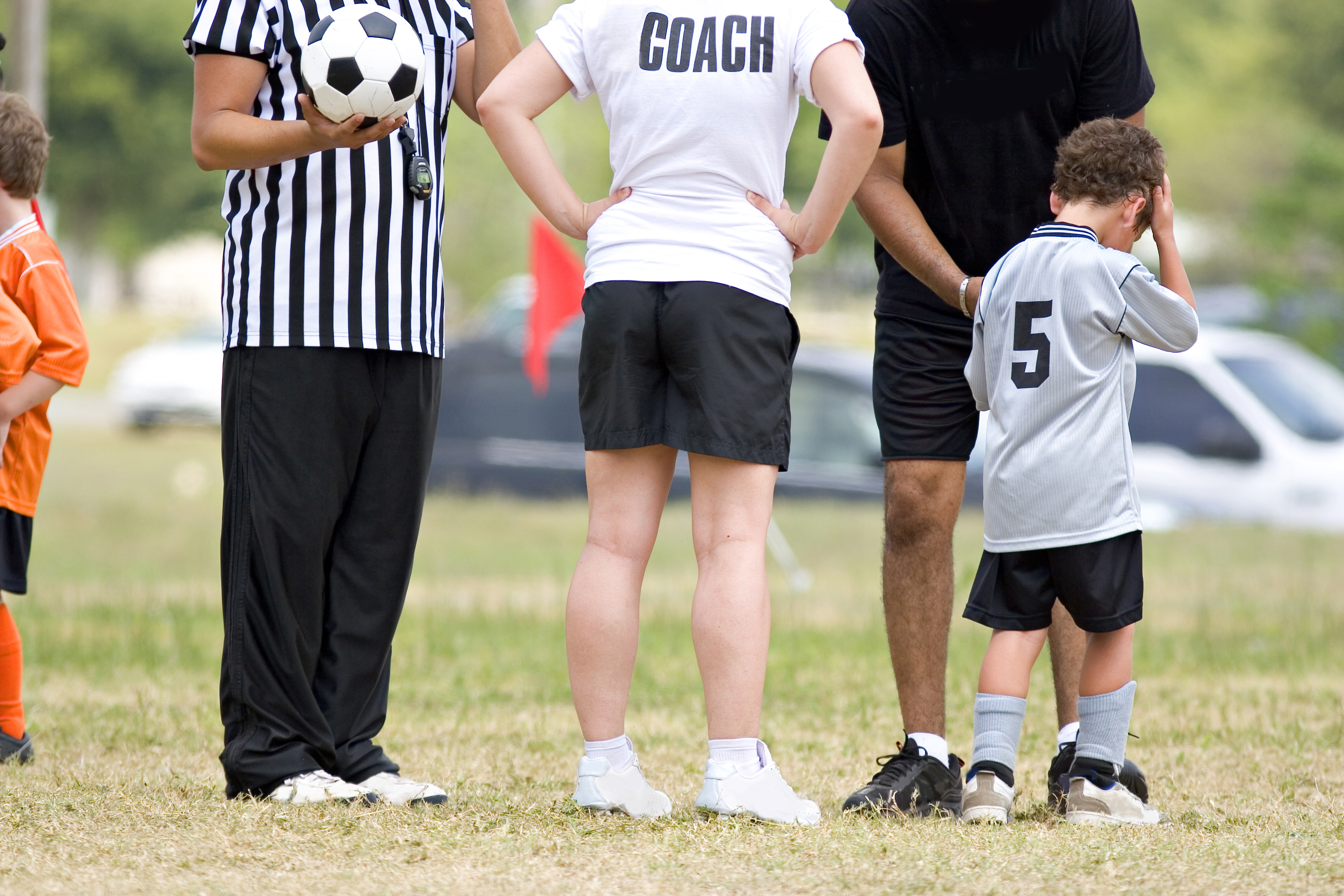The culture of a youth sports team is made from more than just the children on the field and their coach. Assistant coaches, team managers and parents all have a significant impact on kids, with the parent-coach relationships being a key element of that dynamic.
Any part of this dynamic can be disruptive to the team’s culture, but when the breakdown of culture comes from the poor behavior of parents, it can be especially difficult for a coach to yield their influence.
To help prevent parents from becoming disruptive in the first place, youth coaches need to first be proactive in fostering positive parent-coach relationships and in their conveyance of team culture. If parents become disruptive, coaches should seek to have a better understanding of the parent’s position before making up their mind on how to react.
SET EXPECTATIONS EARLY
There are several ways to start the season off right with parents. The Positive Coaching Alliance (PCA) suggests three techniques to kick-start proper communication with parents.
- Write a letter – This letter sets up expectations for the season. It’s a chance to let parents know your coaching philosophy and the importance of honoring your team culture and the game. This letter lays the foundation for a parent as partner relationship. Coaches can be explicit in their request for parents to respect different aspects of the game including the rules, officials, team members, the sidelines, other parents and of course, themselves. It’s a good way to remind parents that they are role models for the players throughout the season.
- Host a meeting – preseason meetings can cover a variety of issues, but it’s good to talk about your goals as the coach, alongside the goals of the parents. Recruit parents to be part of the team culture by asking for volunteers for snacks, score keeping etc. The PCA suggests assigning a parent as Culture Keeper. The Culture Keeper helps shape the foundation of a positive team experience.
- Create a Parent Pledge – Similar to the letter, the Parent Pledge states the coach’s philosophy and asks parents to set an example for their child. Specifically, the Parent Pledge asks for parents’ initials next to statements about refraining from negative comments, honoring the game and self-control.
Setting expectations in a positive way at the very beginning of the season will hopefully keep parents from becoming troublesome, but of course it isn’t guaranteed to work every time.
WHEN PARENTS BECOME DISRUPTIVE
It’s important to remember that the problem of disruptive parents is not an isolated one. Unruly parents pop up in all communities, regardless of socio-economics, race and region. They aren’t mutually exclusive to sports either – negative parents can be found in relation to every kind of youth activity.
Even when a parent is disruptive, they are still a valuable source of input. Find a time when emotions aren’t particularly high and invite the parent to have a conversation. Hopefully, communication has happened throughout the season up to this point – getting to know them and their children is important to everyday coaching. Remember that parents should be considered your partner in getting the most of their child and more often than not, a parent just needs to get something off their chest.
According to PlayPositive.com, “try hard not to be defensive or evasive. Welcome the chance to deepen your relationship with the players’ parents. You may learn some things about them, their children – and maybe even yourself – that help improve your coaching. Hear the parents out. Seek first to understand before being understood.”
If needed, coaches should allow themselves time to consider the parent’s position. After that consideration, if a coach feels secure in their own position, they can have the confidence to stand their ground. Coaches need to do what they think is right.
“As a Positive Coach, you do what you think is right. Just as you would teach your players to do, and just as the players’ parents would teach them to do also.”



